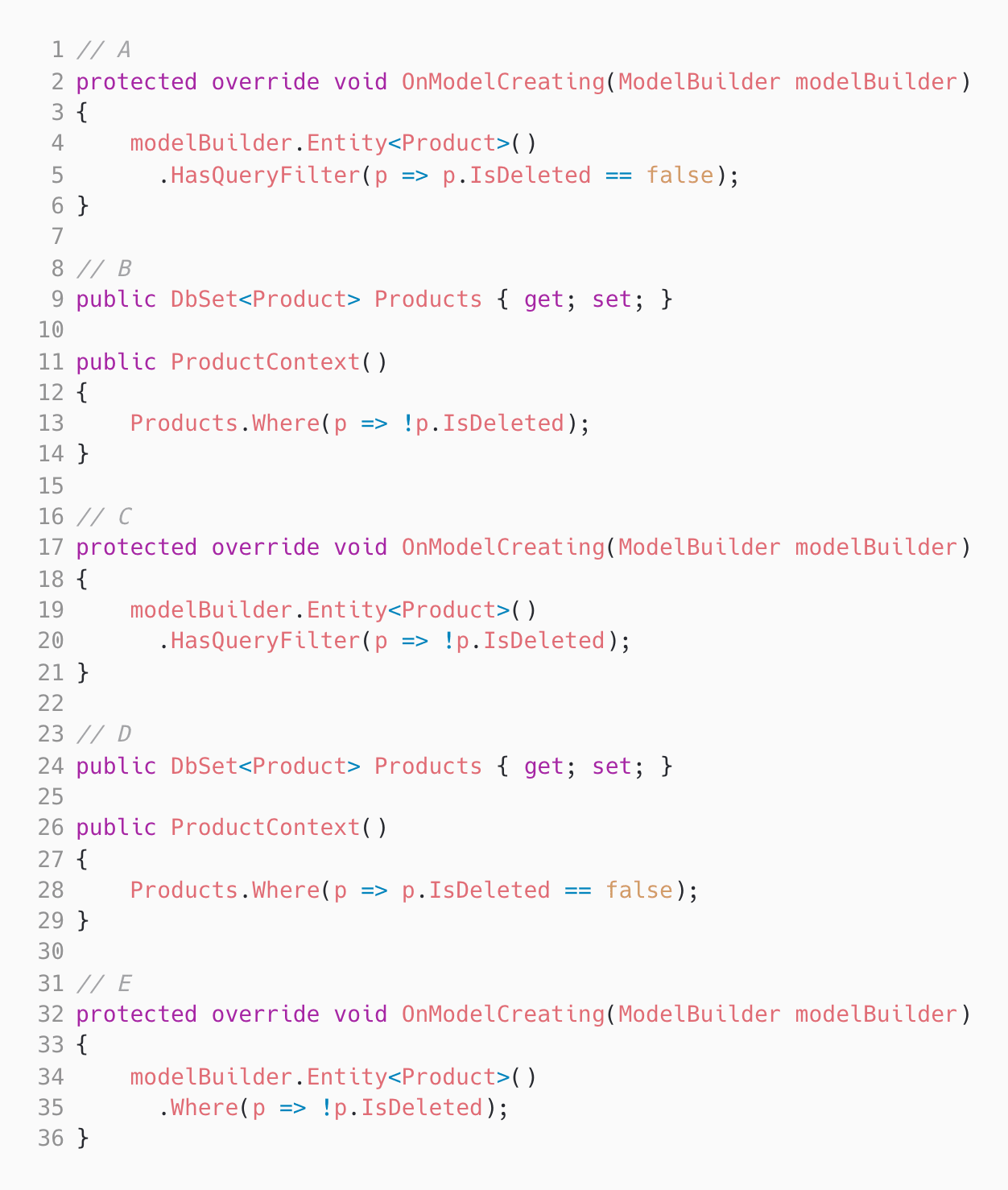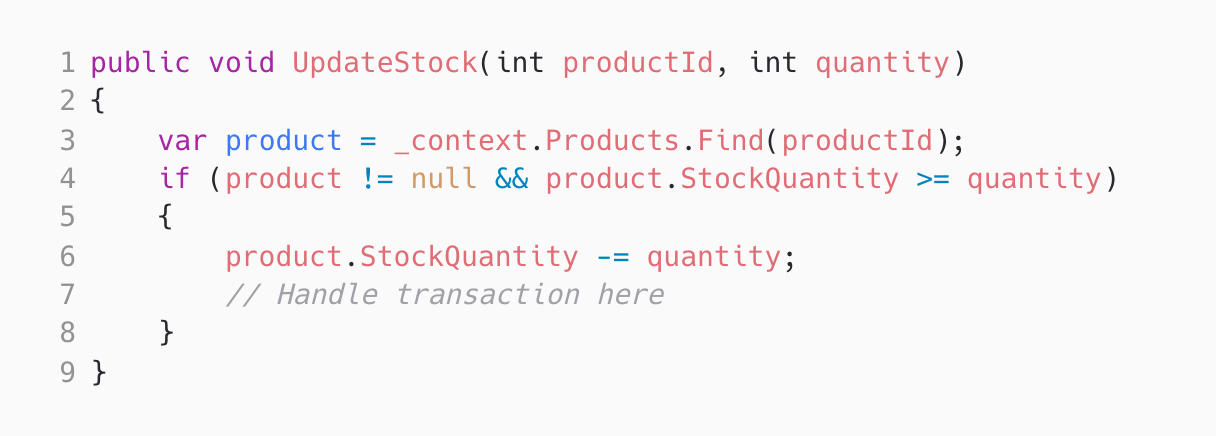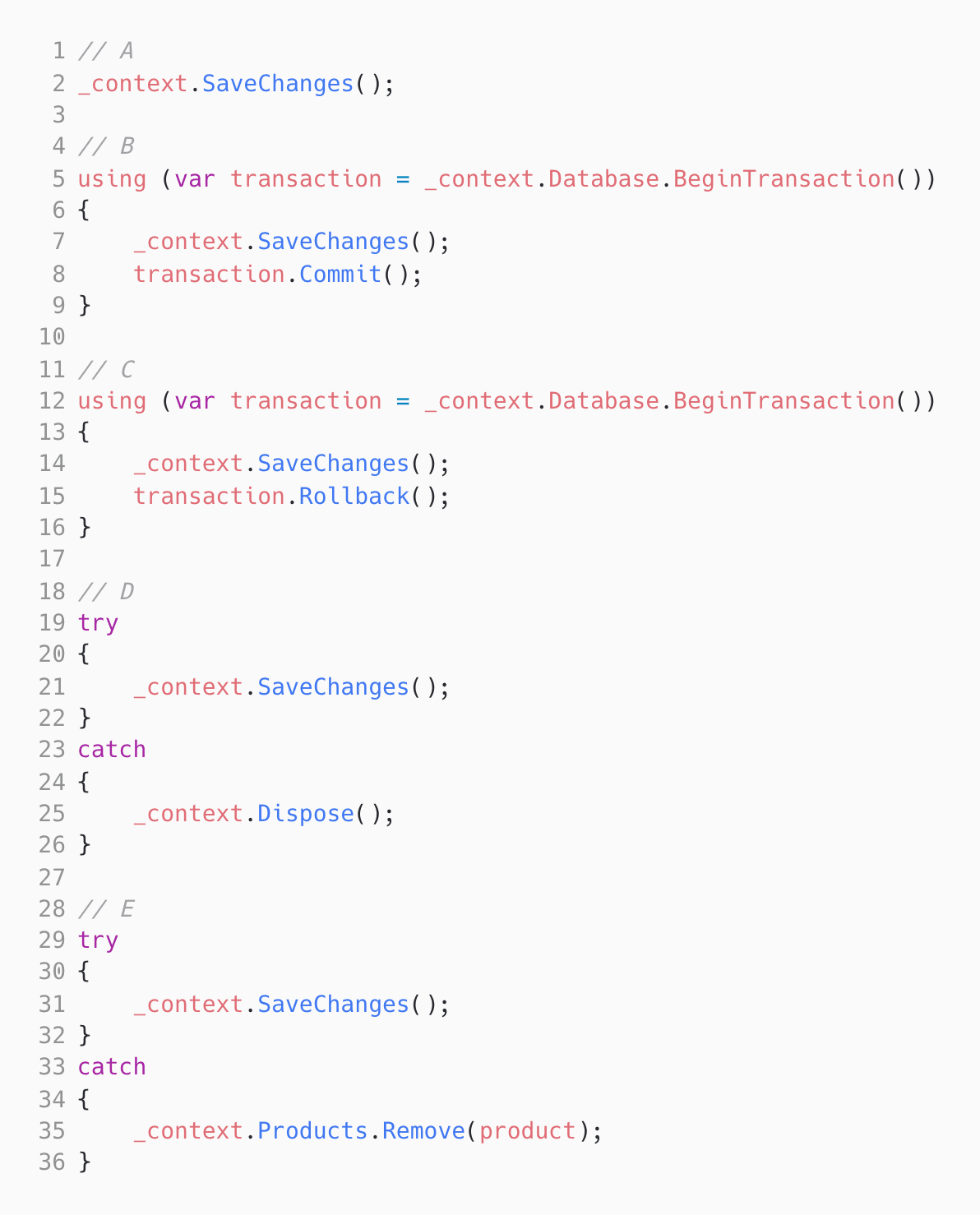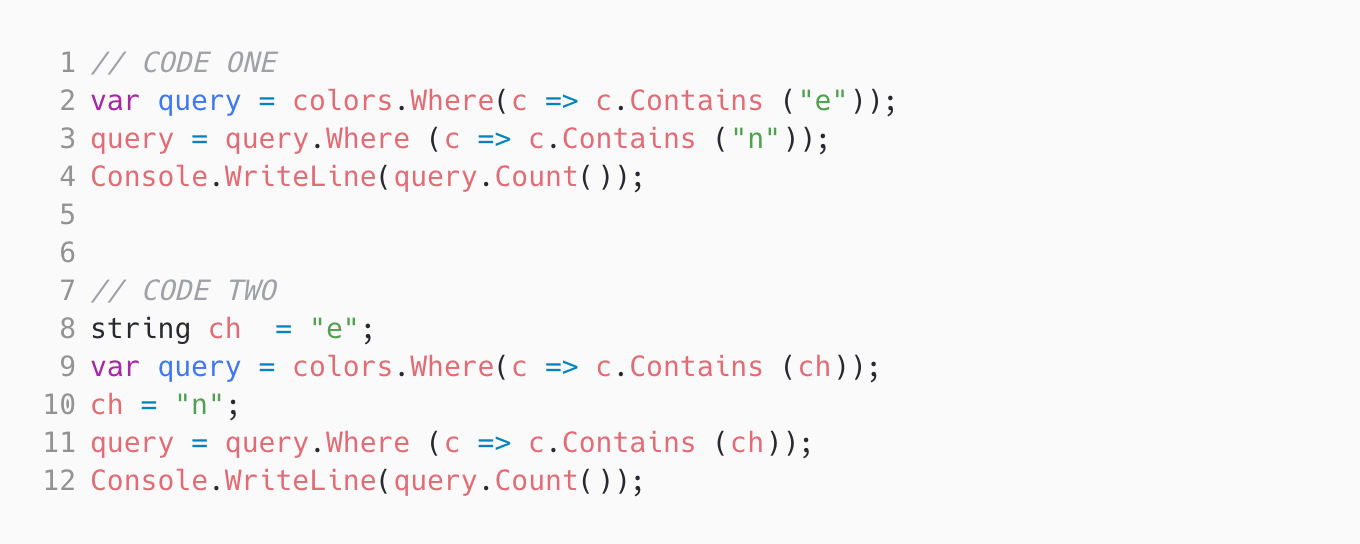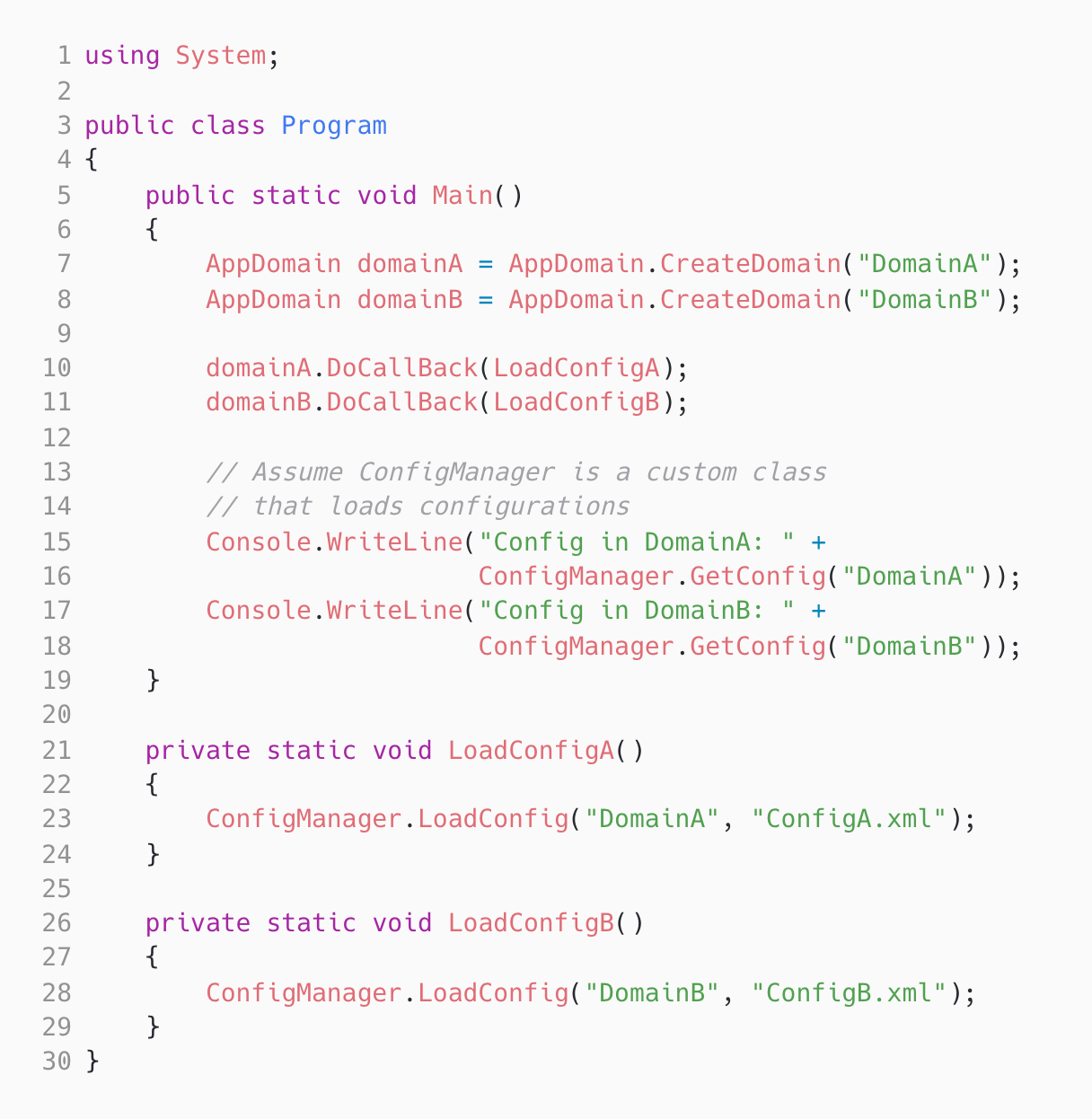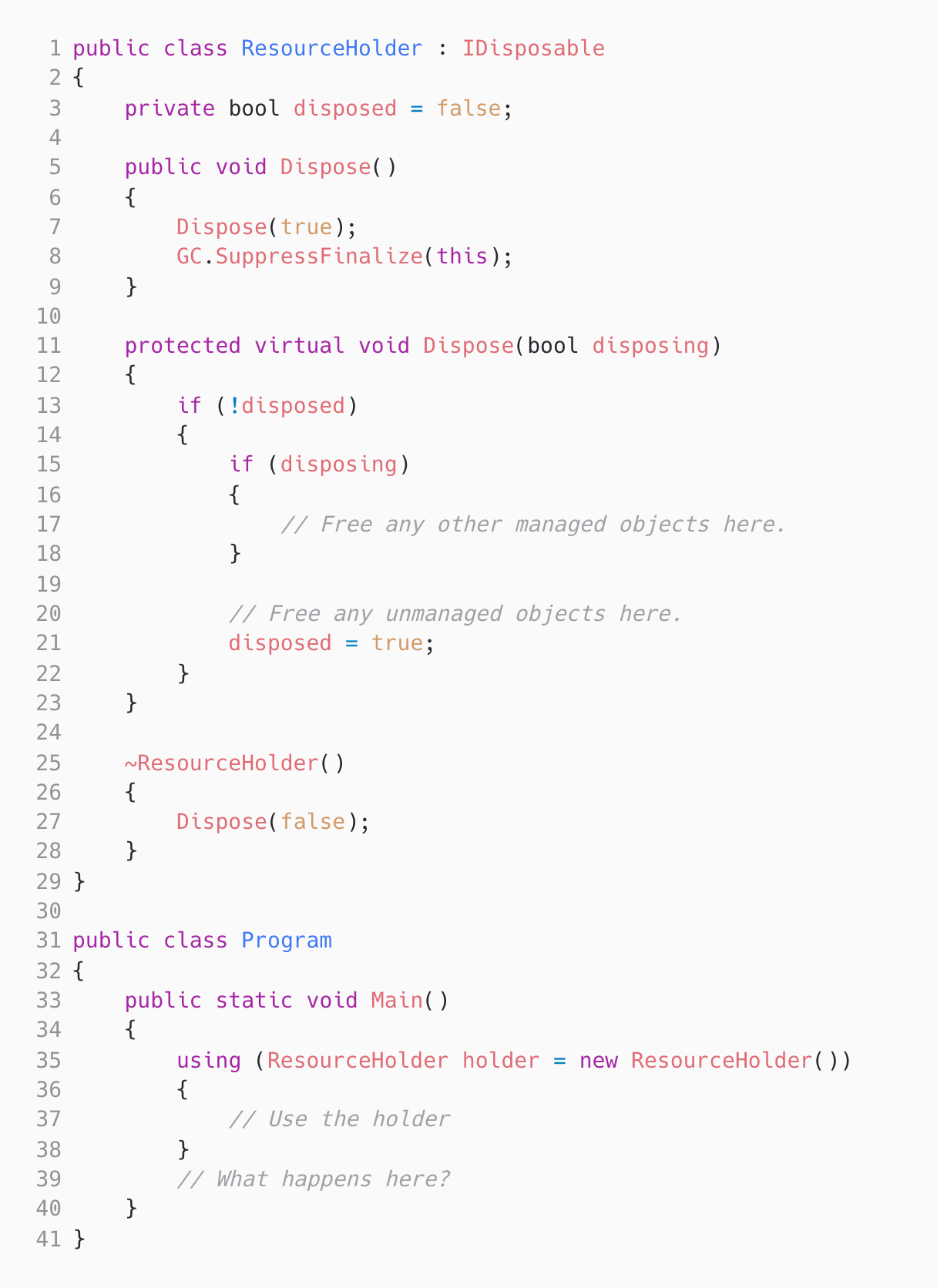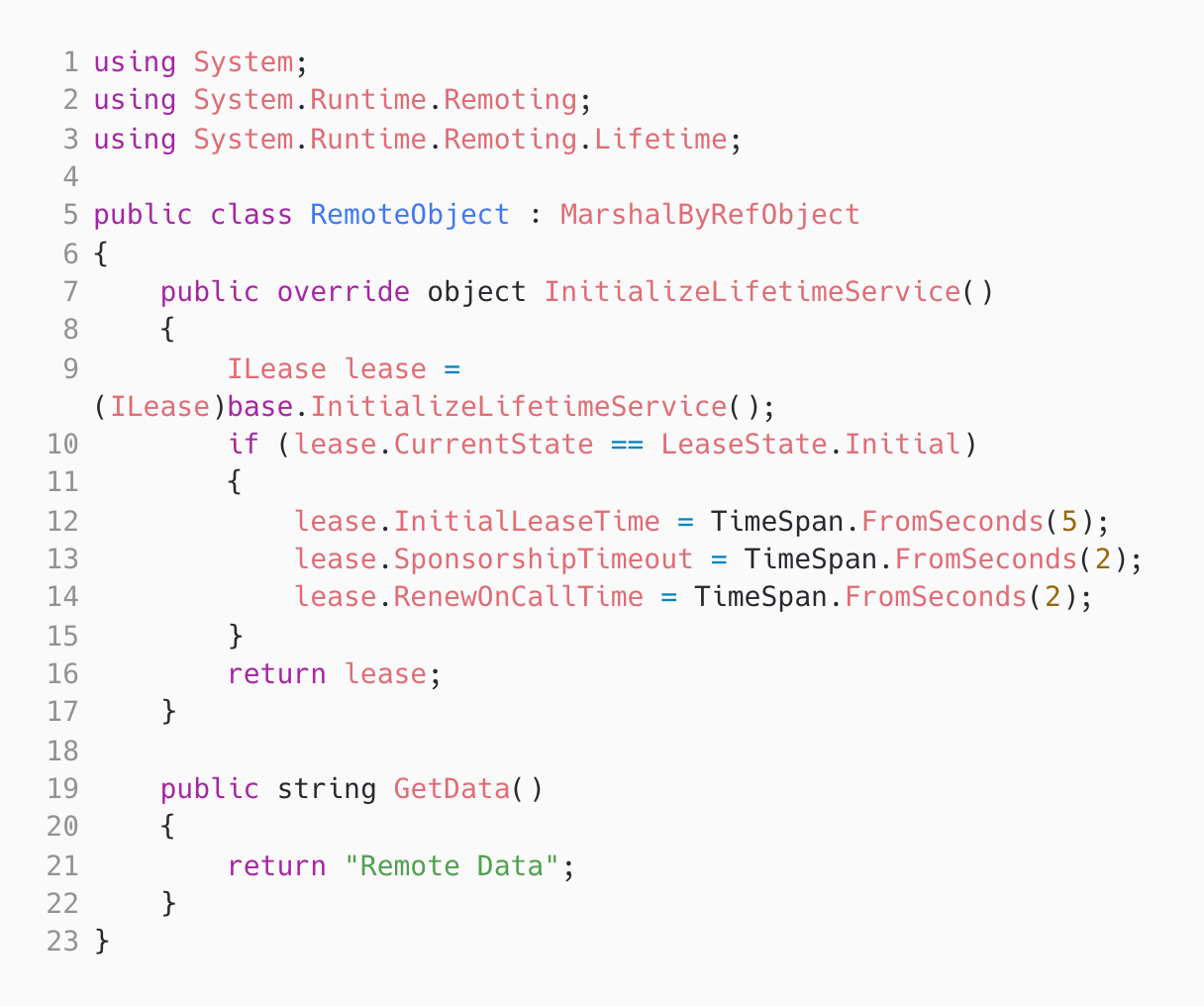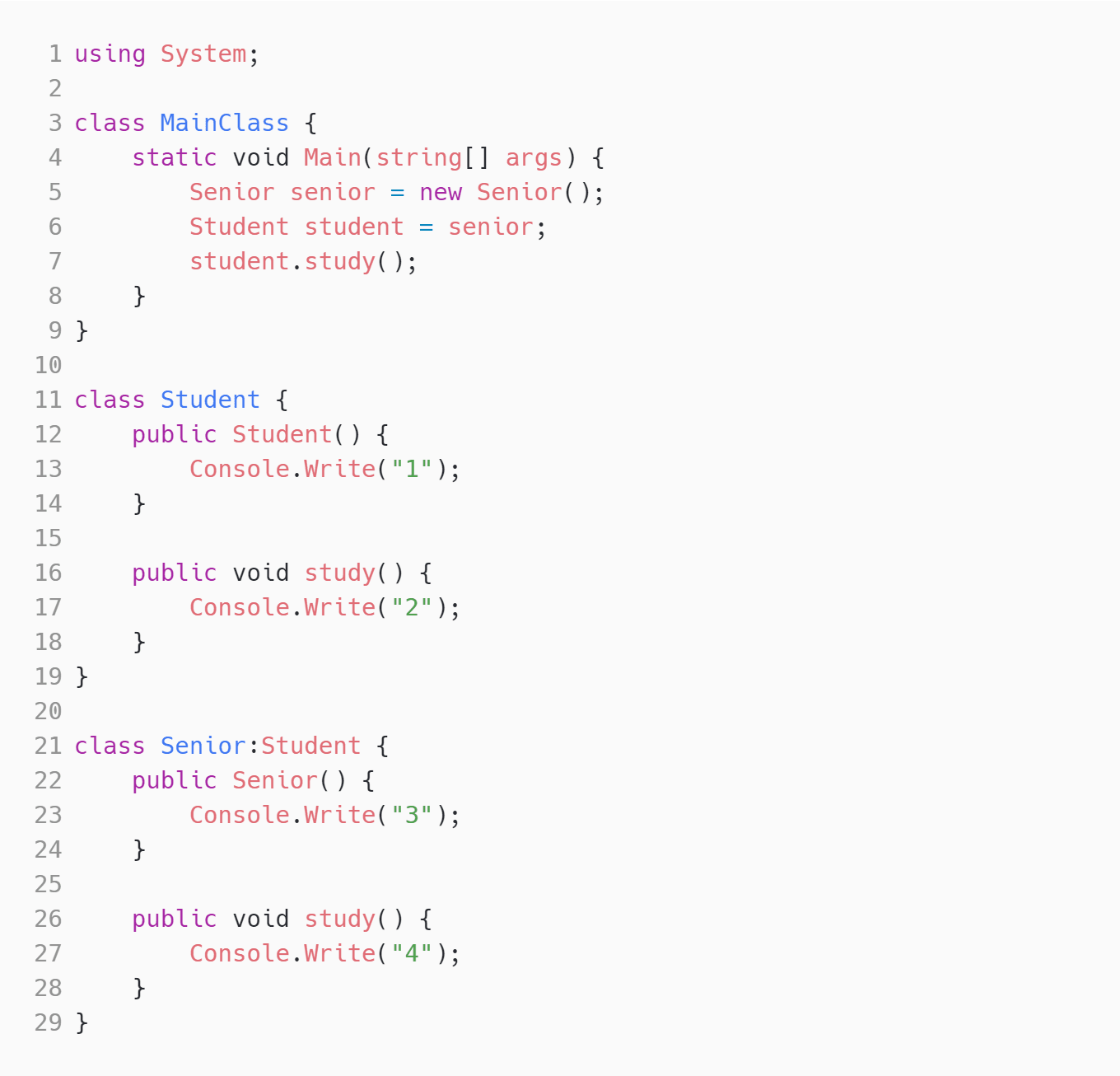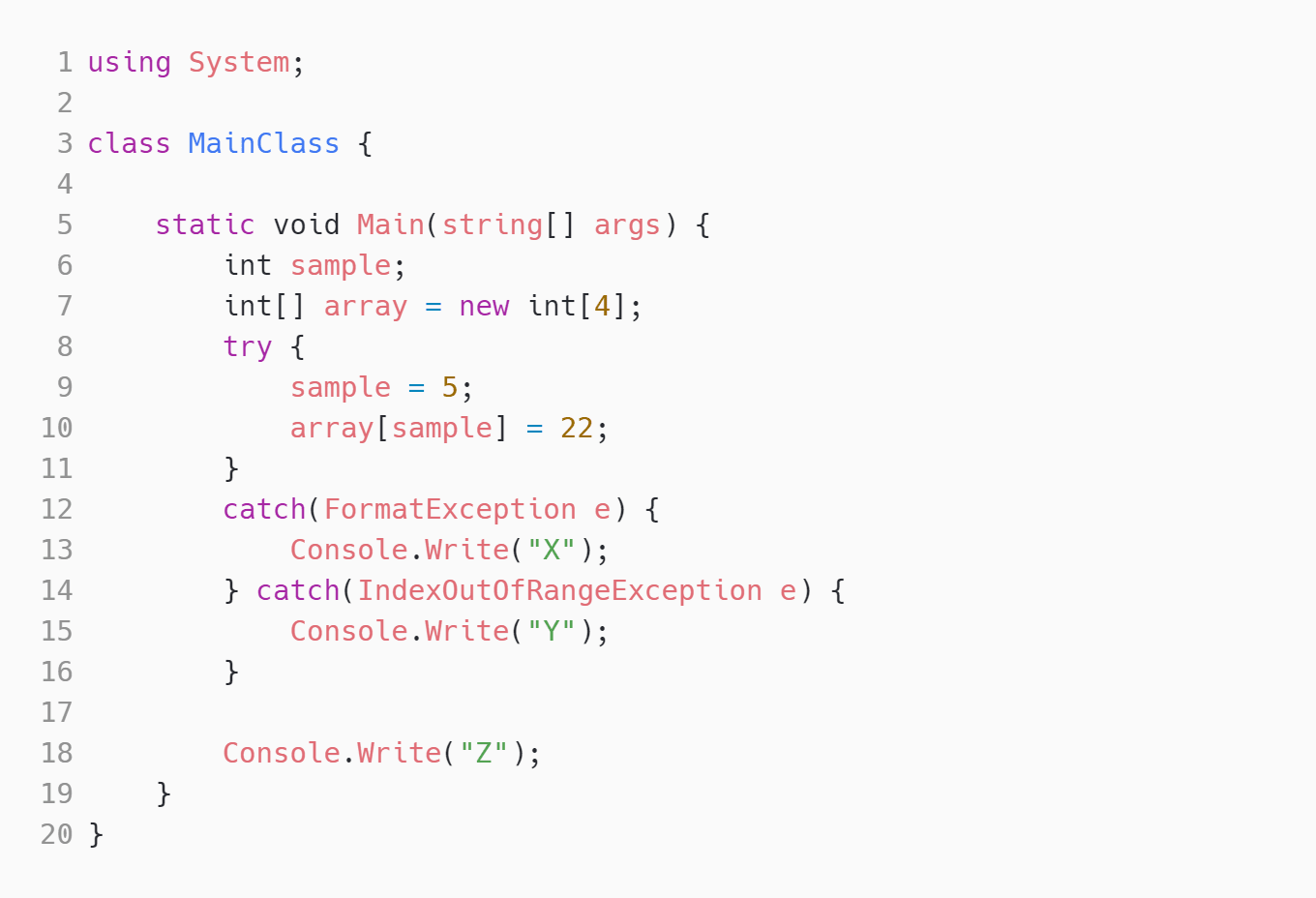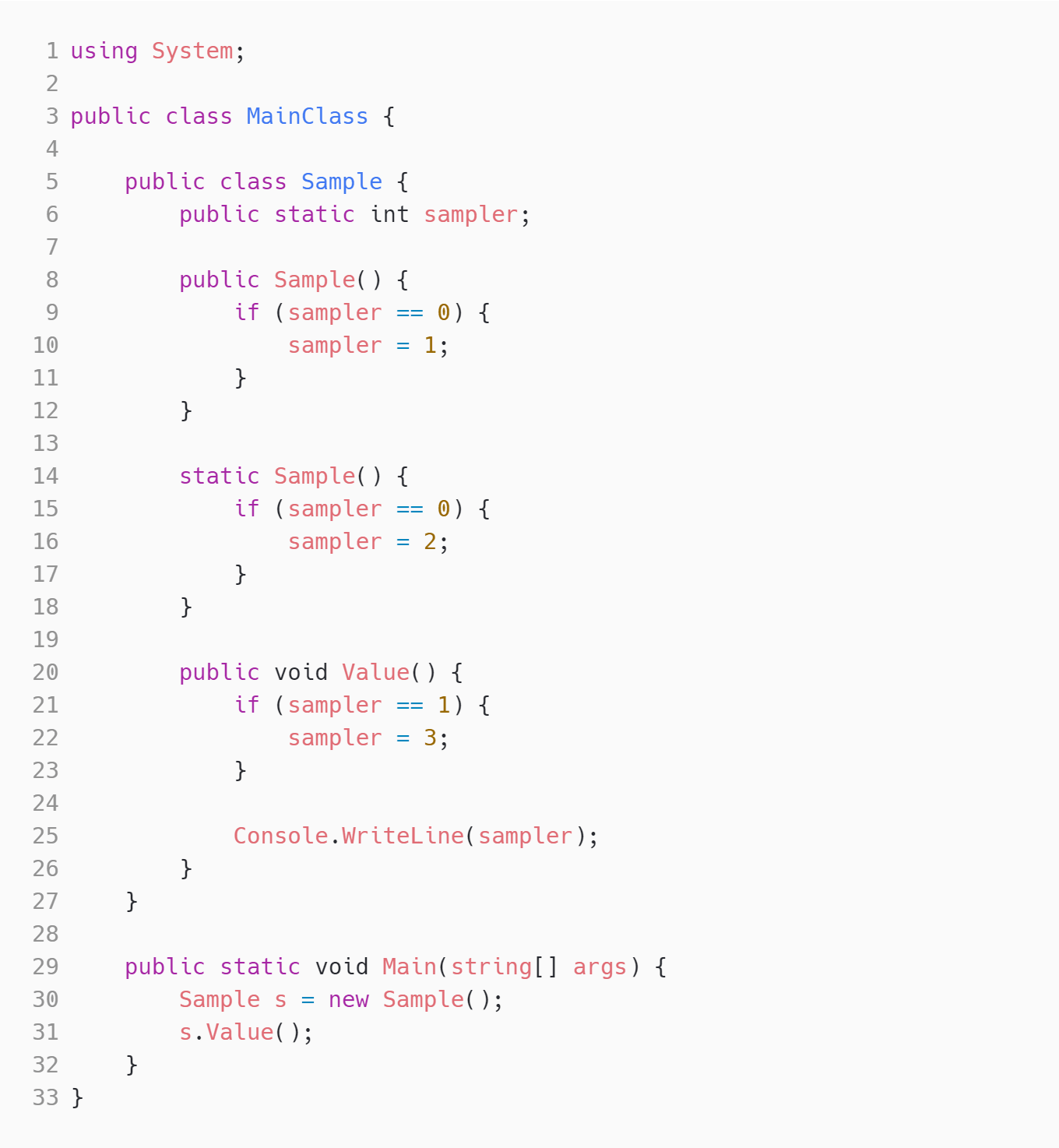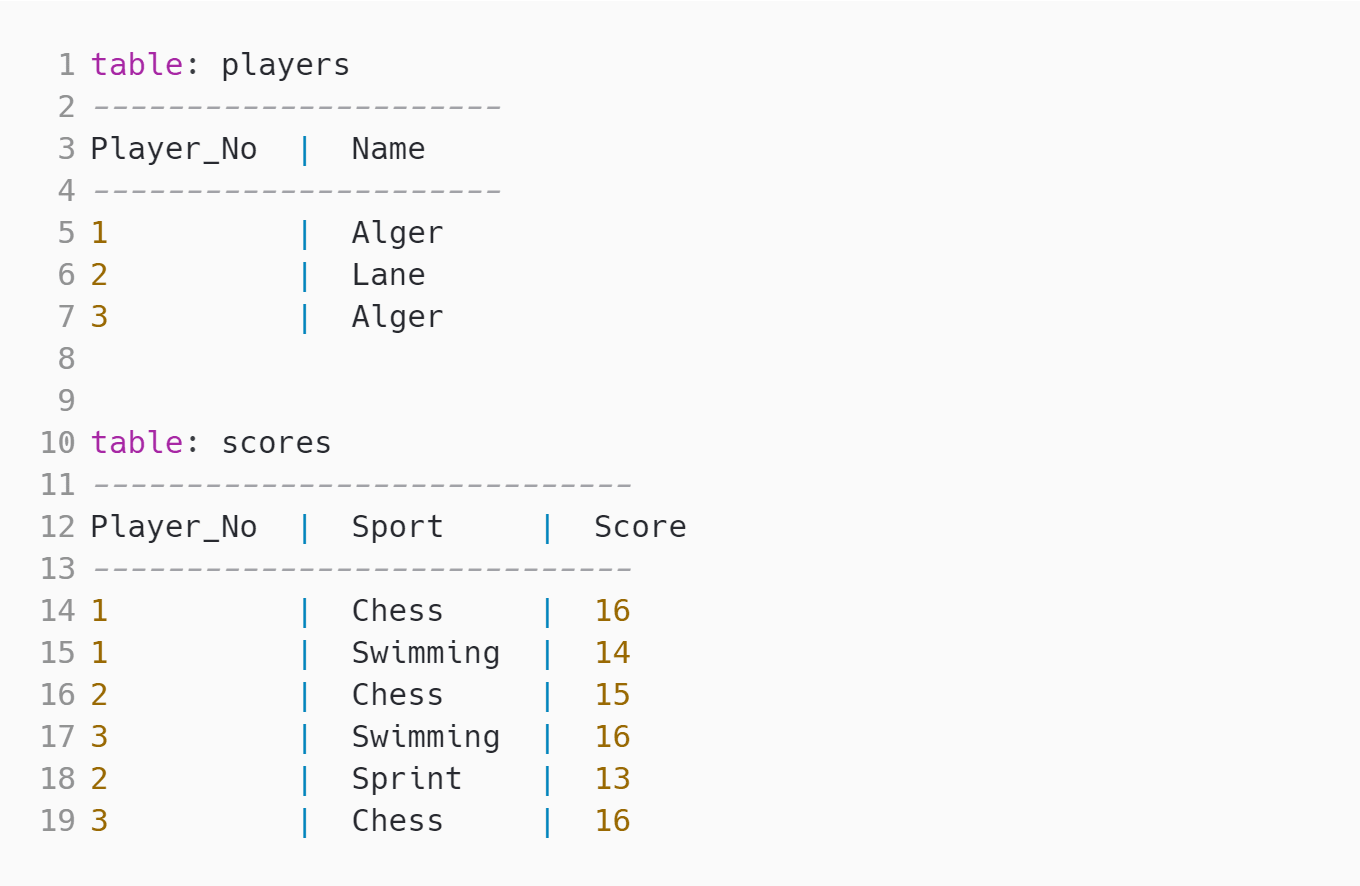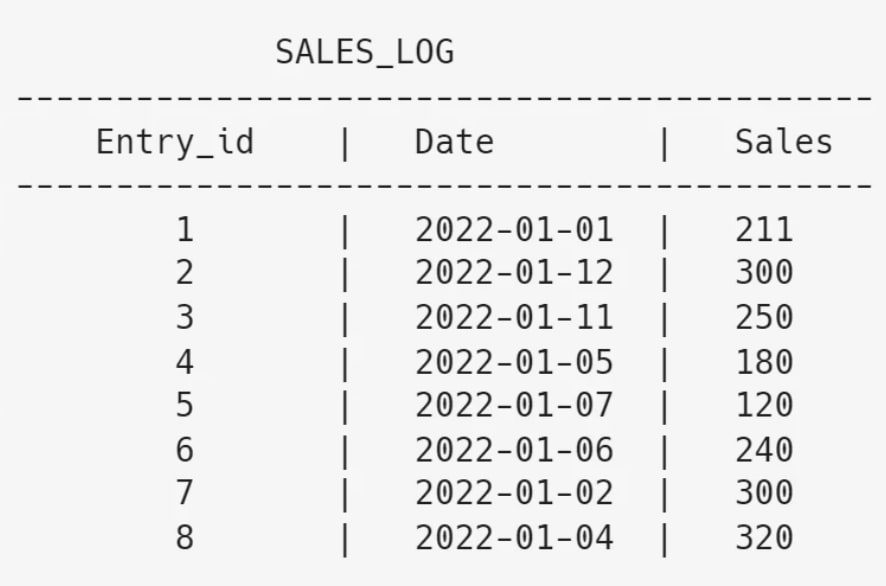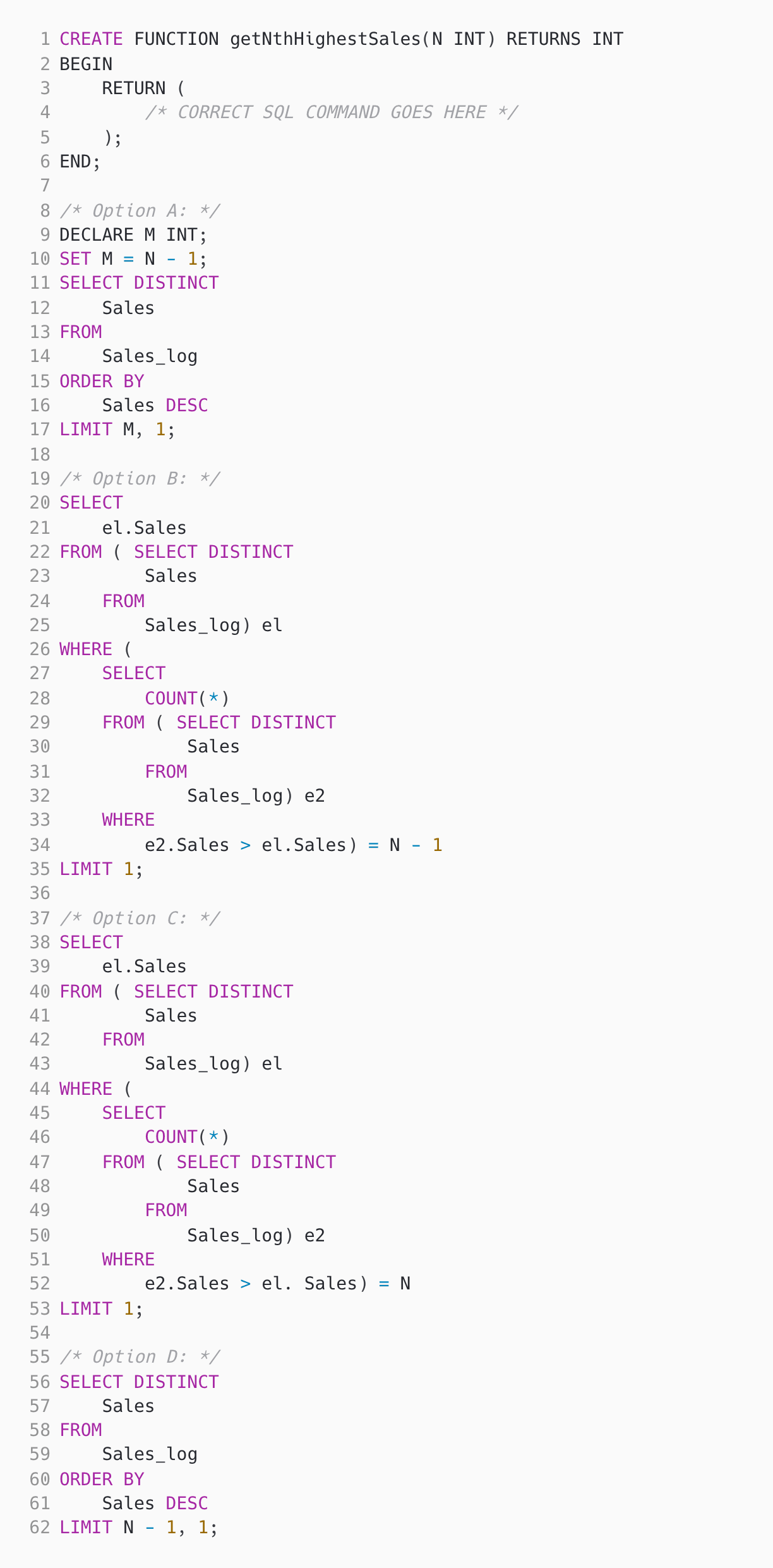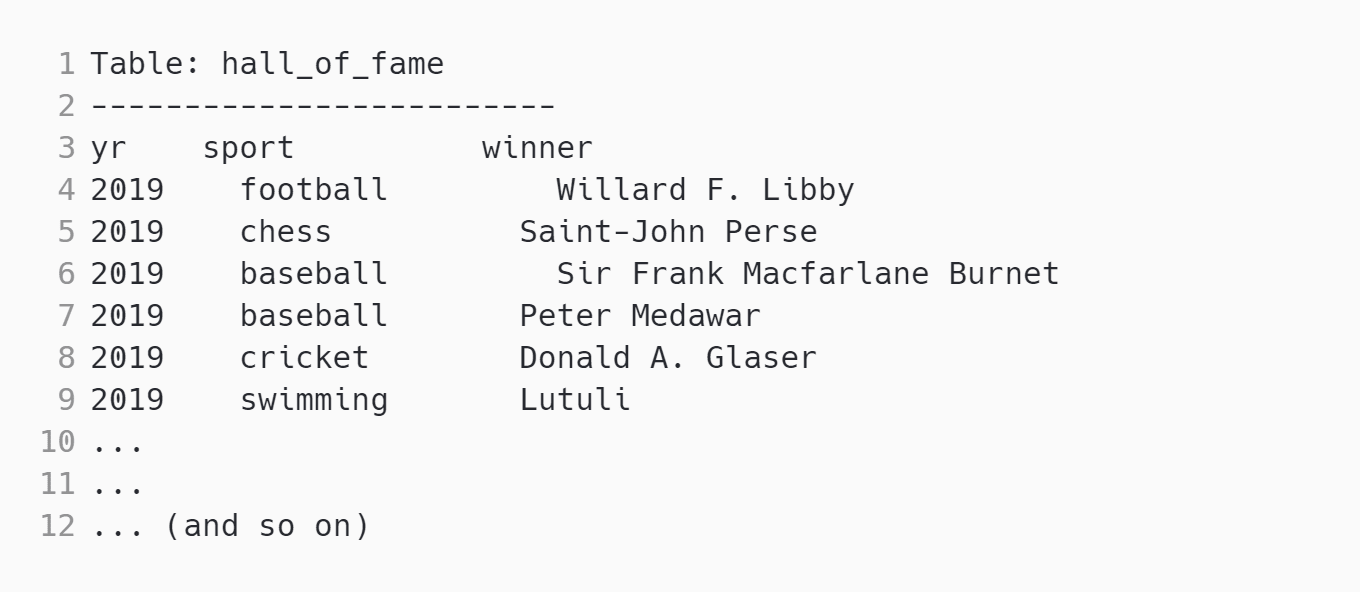Entity States: Entity states refer to the different states an entity can be in within the Entity Framework, such as added, modified, or deleted. Understanding entity states is crucial for managing data changes and implementing proper CRUD operations.
Entity Objects: Entity objects are the representations of database objects in the Entity Framework. They are used to perform operations on the data, such as querying, inserting, updating, and deleting. Assessing knowledge of entity objects ensures that candidates are well-versed in manipulating data using the framework.
Entity Properties: Entity properties are the attributes of an entity, defining its characteristics and storing data. Evaluating candidates' understanding of entity properties ensures that they can effectively map database columns to entity properties and handle data manipulation efficiently.
Transactions and SQL: Transactions and SQL skills are essential for managing concurrent data operations and ensuring data integrity in a multi-user environment. The ability to work with transactions and write optimized SQL queries is crucial for efficient data access and manipulation.
Entity Model: The entity model represents the conceptual model of a database in the Entity Framework. It includes entities, relationships, and associations. Assessing knowledge of entity modeling ensures that candidates can design and implement effective data models using the Entity Framework.
Entity Framework Designer: The Entity Framework Designer is a visual tool used to design entity models, mapping database objects to entity classes. Understanding the Entity Framework Designer enables candidates to efficiently create and modify entity models, facilitating streamlined application development.
ORM: ORM stands for Object-Relational Mapping, which is the technique used by the Entity Framework to map database objects to entity objects. Assessing candidates' knowledge of ORM ensures that they can work effectively with the Entity Framework and understand the underlying principles of object-relational mapping.
Database Connectivity: Database connectivity skills involve establishing and maintaining connections to databases for performing data operations. Assessing database connectivity skills helps identify candidates who can effectively establish database connections, handle connection pooling, and efficiently manage database access in the context of the Entity Framework.
LINQ: LINQ (Language Integrated Query) is a powerful feature of the Entity Framework that enables querying and manipulating data in a type-safe manner. Assessing candidates' knowledge of LINQ ensures that they can leverage LINQ expressions to efficiently query data and perform complex data manipulations.
Database First Approach: The database-first approach in the Entity Framework involves generating the entity model from an existing database schema. Assessing knowledge of the database-first approach ensures that candidates can work with existing databases and generate entity models accurately and efficiently.
Query Optimization: Query optimization skills involve understanding and implementing techniques to improve the performance of database queries in the Entity Framework. Candidates with strong query optimization skills can write efficient queries, optimize database access, and improve overall application performance.
Data Access Layer: The data access layer is the component of an application responsible for retrieving and manipulating data from the database. Assessing knowledge of the data access layer in the context of the Entity Framework ensures that candidates can design and implement efficient data access components that interact seamlessly with the framework.
Database Design: Database design skills encompass the ability to analyze requirements and design efficient and scalable database schemas. Evaluating candidates' knowledge of database design ensures that they can design database schemas that align with best practices, optimize data storage, and facilitate effective data retrieval and manipulation.
Performance Tuning: Performance tuning skills involve analyzing and optimizing the performance of applications built with the Entity Framework. Candidates with performance tuning skills can identify performance bottlenecks, utilize caching strategies, optimize database access, and improve overall application responsiveness.



















